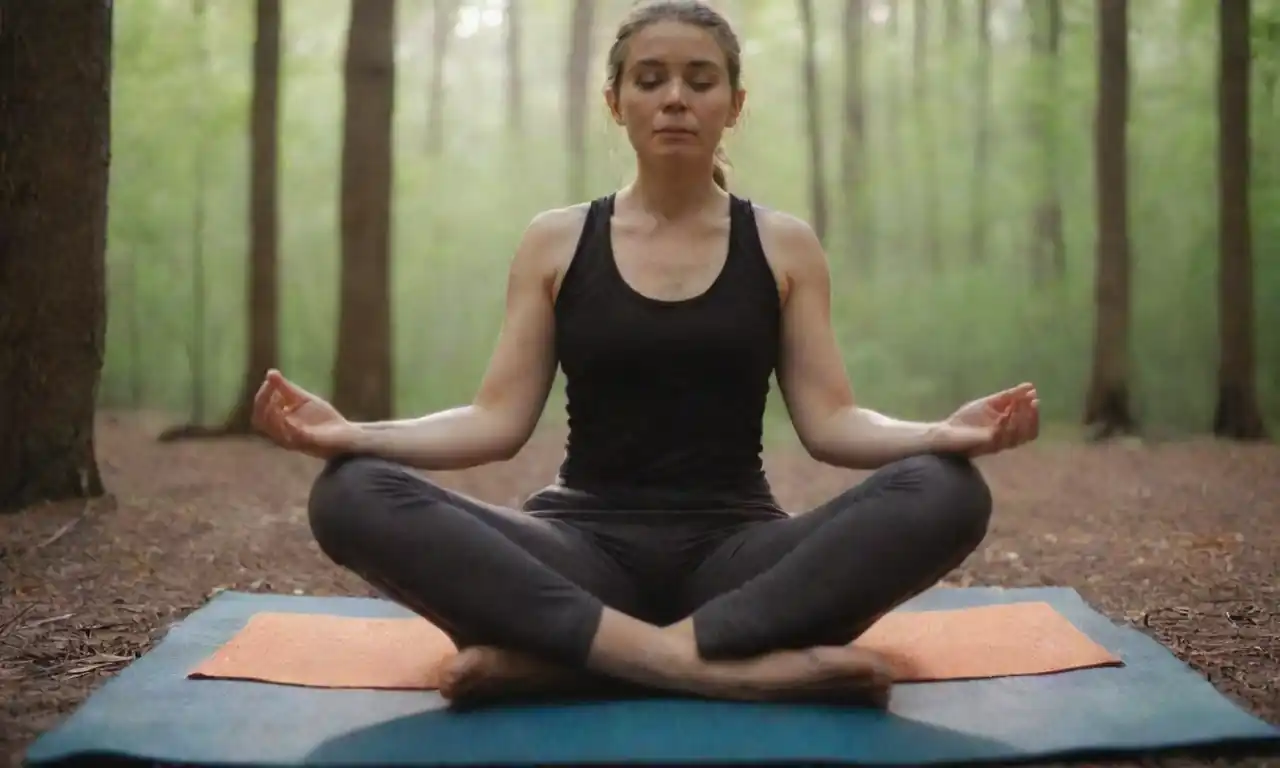How to Stay Calm and Collected During Mediation

In today’s fast-paced world, finding a sense of tranquility can often feel like an uphill battle, particularly in high-pressure situations such as mediation. Whether it involves conflict resolution in personal relationships or delicate negotiations in a professional setting, maintaining calmness during mediation is paramount. The ability to remain composed allows for clearer communication, better decision-making, and ultimately, a more successful resolution to disputes. In the midst of emotional turmoil, learning how to harness your inner peace is not just beneficial, but essential.
This article seeks to explore various strategies and techniques that can help individuals stay calm and collected during mediation. We will delve into the psychological underpinnings of stress responses, ways to prepare both mentally and physically, and effective communication skills that promote calmness. By addressing these aspects in depth, this comprehensive guide aims to equip readers with the necessary tools to manage their emotions and navigate the often turbulent waters of mediation effectively.
Understanding the Psychology of Mediation Stress
To truly appreciate how to remain calm during mediation, it is first crucial to understand the psychological dynamics at play. Mediation often triggers a fight-or-flight response due to the perceived threat associated with potential conflicts and confrontations. This involuntary reaction is deeply rooted in our neurobiology, evolving over thousands of years as a survival mechanism. When faced with a challenging situation, our body releases stress hormones like cortisol and adrenaline, which can cloud judgment and hinder constructive communication.
Moreover, the very nature of mediation can amplify these feelings of stress. Participants might not only feel anxious about the outcome but may also harbor unresolved feelings about past incidents. Many tend to focus on their grievances, rather than the resolution itself, leading to heightened emotional states. By recognizing that these reactions are entirely normal, individuals can take proactive steps to mitigate their emotional responses and focus on assertive dialogue.
Preparing Yourself Mentally and Physically
Preparation is a cornerstone of remaining calm during mediation. The more equipped you feel entering a mediation session, the less weighty it will feel when issues start to surface. This preparation includes both mental and physical components. On the mental side, practicing mindfulness or visualization techniques can be incredibly effective. Visualization involves picturing a successful mediation scenario where all parties converse respectfully and reach a satisfying outcome. This type of mental rehearsal encourages a sense of familiarity and confidence, reducing anxiety when the actual event occurs.
In addition to mental preparedness, physical aspects of preparation should not be overlooked. Engaging in regular physical exercise can help alleviate built-up stress and anxiety, rendering a calmer state of mind. Activities such as yoga or tai chi emphasize focused breathing, which can peaceful profoundly impact one's emotional state. Eating a balanced diet leading up to the mediation session and ensuring adequate rest can also bolster your resilience against stressors. When your body is well taken care of, your mind is equipped to engage more productively in the mediation process.
Utilizing Effective Communication Skills
Communication plays a critical role not only in fostering understanding but also in facilitating a calm atmosphere during mediation. Employing active listening is one simple yet powerful way to enhance your ability to remain calm. When you actively listen, you not only show respect for the other party's perspective but also help diffuse tension. Paraphrasing key points can demonstrate understanding and invite collaboration rather than confrontation.
In addition to active listening, utilizing “I” statements when expressing your feelings helps in communicating effectively without escalating conflicts. For example, instead of saying, “You always interrupt me,” you might say, “I feel overlooked when I’m not allowed to finish my thoughts.” This subtle shift in language encourages a more open dialogue and reduces defensiveness. It’s crucial during mediation to approach conversations as opportunities for mutual understanding rather than battlegrounds for proving one’s point.
Incorporating Grounding Techniques

Grounding techniques can serve as anchors when emotions start to rise during mediation. These strategies are designed to bring your focus back to the present moment, helping you regain a sense of control. One effective technique is the 5-4-3-2-1 method. This method prompts you to observe and note five things you see, four things you can touch, three things you hear, two things you smell, and one thing you can taste. Such a sensory exercise can distract from racing thoughts and alleviate feelings of anxiety.
Another beneficial grounding technique is deep breathing. Slow, deliberate breaths can physiologically calm your body’s stress response. As you inhale deeply through your nose, allow your abdomen to expand fully before exhaling slowly through your mouth. Practicing this while silently counting your breaths can also center your thoughts and prepare you to engage with a clearer head. Rather than reacting impulsively, these grounding techniques will help in taking the necessary time to formulate responses that are more constructive and less emotionally charged.
Recognizing the Role of Emotions
Emotions are an inevitable part of the human experience, and acknowledging their presence is critical in any mediation setting. Rather than suppressing feelings, identifying and articulating them can facilitate healthier interactions. One effective method of doing this is using emotional check-ins. Before entering a mediation session, take a moment to assess your emotional state, ranking your feelings on a scale from one to ten. This exercise encourages self-awareness and may lead to transparency during discussions, ultimately cultivating trust among parties involved.
Furthermore, it is important to remember that emotions can shift. Being aware that irritability or frustration may ebb and flow can prepare you for a more flexible approach to communication. If a moment of tension arises, rather than reacting positively or negatively, take a step back to breathe and acknowledge the emotion without judgment. Embracing your feelings rather than retreating from them can lead to more genuine and peaceful conversations.
Post-Mediation Reflection and Practice
After each mediation session, taking time for reflection can greatly aid in future preparedness. Consider journaling your experiences following the session, detailing what strategies worked, what could be improved, and how you felt emotionally throughout the process. By engaging in this reflective practice, you create a self-feedback loop that enhances your psychological resilience.
Additionally, consider role-playing future mediation scenarios with a trusted friend or family member. This practice runs the gamut of emotions and responses and allows you to test your calming techniques in a low-stakes environment. The goal is to identify potential trigger points and cultivate stronger coping mechanisms, building your skills over time. The more familiar you become with various scenarios, the more comfortable and calm you will feel when faced with them in real life.
Conclusion: Embracing Calmness as a Skill
Staying calm and collected during mediation is not merely a fortunate state of being; it is a skill that can be developed and honed through diligent practice and self-awareness. By understanding the psychology of stress, preparing mentally and physically, and utilizing effective communication skills, you can transform a potentially confrontational experience into a productive dialogue. Incorporating grounding techniques, recognizing emotional dynamics, and engaging in post-mediation reflection can further enhance your ability to navigate these challenging encounters. Ultimately, the journey towards remaining calm during mediation is both empowering and enlightening, offering valuable life skills applicable beyond the mediation room and into everyday interactions. As you embrace these strategies, you’ll find that the art of peaceful negotiation is well within your reach.

Leave a Reply